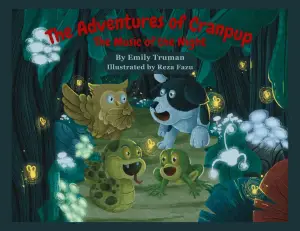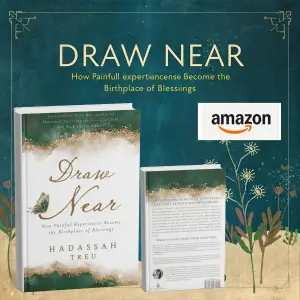I recently finished reading I Want to Trust You, But I Don’t by Lysa TerKeurst, and it was an enlightening experience that resonated deeply with me. As someone who often wrestles with trust issues stemming from past betrayals, I felt drawn to this book. The intricacies of human relationships and the trust that should ideally bind them have always fascinated me, and Lysa’s approach offered not only insight but also practical, faith-based strategies.
Lysa provides a fresh perspective on trust, asserting that it’s not just about seeking out better people to build relationships with but rather about cultivating stability within ourselves and our faith. This particularly resonated with me, as I often find myself wondering, "Can I really trust again?" Her message encourages a healing process that begins internally, helping to combat the cynicism that often follows betrayals.
One of the notable strengths I experienced while reading was Lysa’s skill in pinpointing specific "relational red flags" that trigger feelings of distrust. This segment of the book was both illuminating and practical, as it helped me identify where my skepticism originates and gave me the tools to address it. I found particularly valuable her suggestion to ask crucial "what if" questions, turning potentially destructive thought patterns into avenues for healing and growth. This was echoed in other readers’ reviews, many of whom praised the clarity of Lysa’s writing style and the immediate applicability of her advice.
However, I did stumble upon some critiques. A few readers felt that the book was heavily geared towards a Christian audience, making it less accessible for those who adhere to different beliefs. While I respect this perspective, I personally found Lysa’s use of biblical truths to be grounding and relatable. For me, they provided a roadmap for navigating trust through a faith-based lens. Another point of contention was the pacing, with some feeling that certain sections dragged on. I didn’t experience this, but I can see how readers searching for rapid fire insights might feel differently.
Lysa deftly illustrates how trust is akin to oxygen in our relationships, emphasizing that feeling burned can lead to a disheartening cycle of doubt. This idea resonated with my own experiences, particularly when a trusted friend let me down unexpectedly. Her exploration of the emotional, neurological, and even physical impacts of betrayal was also enlightening, helping to solidify an understanding of personal suffering that feels valid and shared.
What stood out the most was how Lysa emphasized that healing from betrayal involves more than just moving past pain; it demands introspection and the rebuilding of a personal belief system that doesn’t hinge on the actions of others. This aligns with the book’s significant takeaway: learning to foster trust goes hand-in-hand with nurturing a relationship with God, which is presented not as an afterthought but as an essential aspect of healing.
In a world filled with unpredictability, Lysa TerKeurst’s I Want to Trust You, But I Don’t is a poignant reminder that we hold the keys to our emotional freedom. The book offers a variety of practical, biblical strategies to cultivate healthier perspectives and, ultimately, healthier relationships. It’s ideal for anyone grappling with trust issues, whether arising from specific betrayals or ongoing patterns in their lives.
Overall, I would highly recommend this book to anyone seeking not just to understand their relationship with trust but to genuinely move forward with strength and resilience. Lysa’s authenticity, vulnerability, and practical advice not only met my expectations but exceeded them. If you’ve ever wondered how to rebuild trust in your life or with yourself, this book is a must-read.








